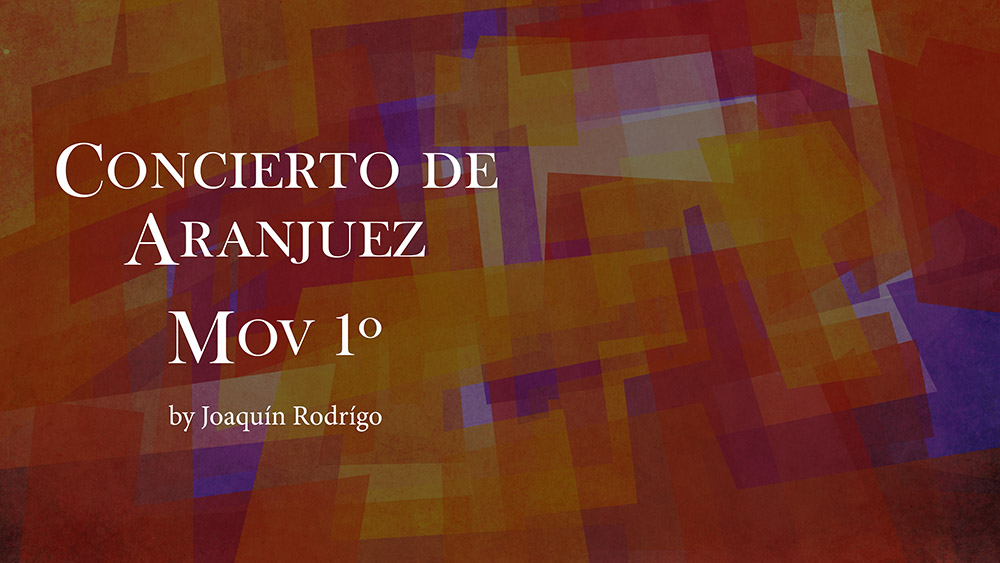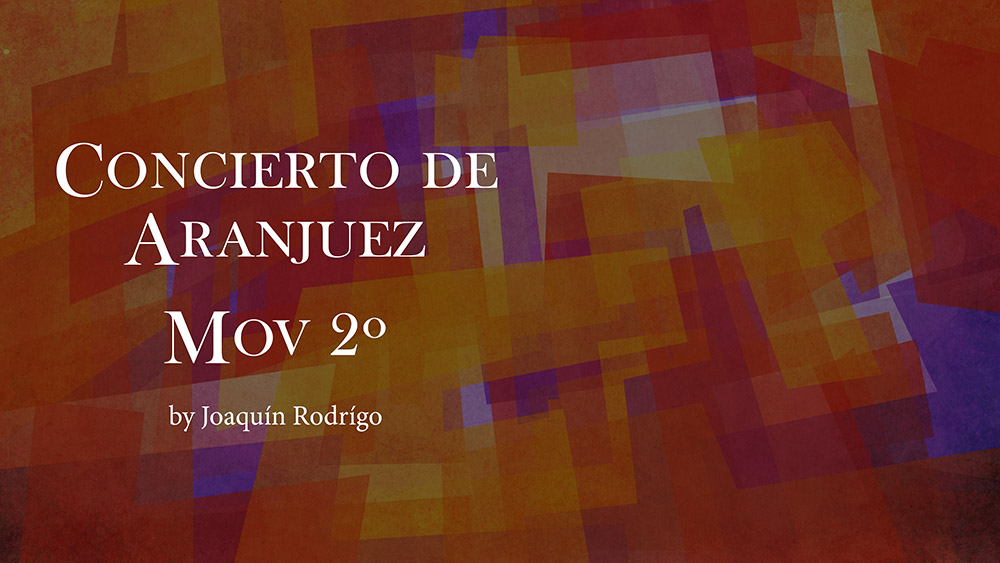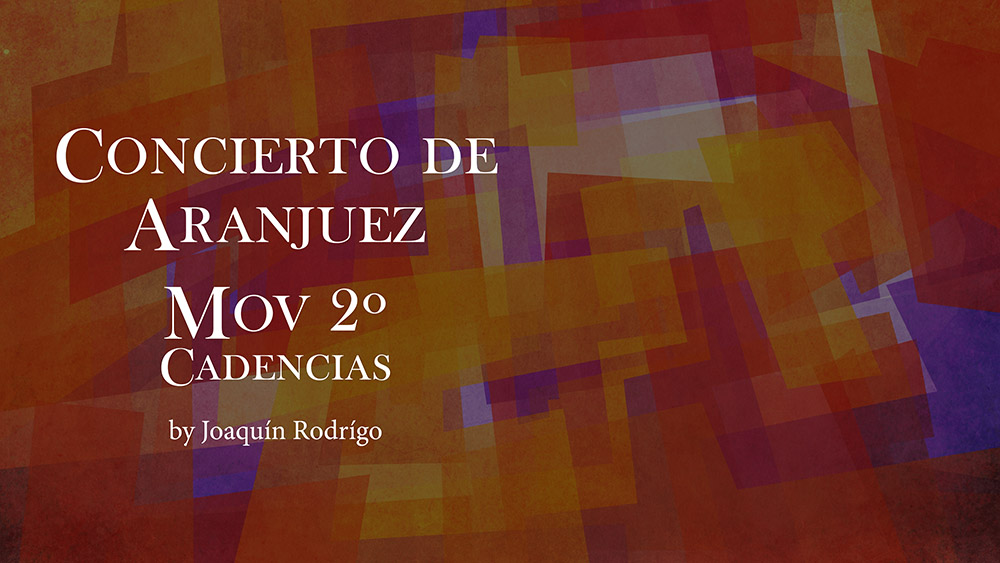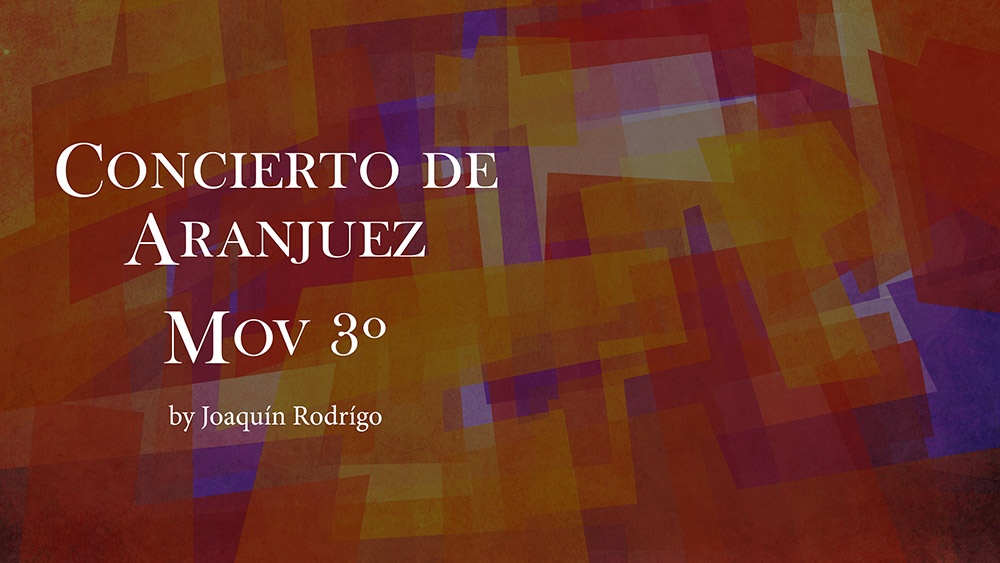The Concierto de Aranjuez is the most emblematic work of Joaquín Rodrigo (Sagunto, 1901 - Madrid, 1999), composed in 1939 for guitar and orchestra. Inspired by the gardens of the Royal Palace of Aranjuez, this concerto combines Spanish tradition with refined orchestration, becoming one of the most performed pieces in the guitar repertoire.
Structured in three movements (Allegro con spirito, Adagio, and Allegro gentile), the second movement stands out particularly, where the dialogue between the guitar and the English horn creates a moment of profound emotion and lyricism. The work features elements of Spanish folklore, such as fandango and seguidilla rhythms, alongside evocative harmonies that reflect the influence of impressionism and Spanish classical music.
The Concierto de Aranjuez marks a milestone in the history of classical guitar, expanding its presence in the symphonic realm and establishing Rodrigo as one of the great composers of the 20th century.





Il n'y a pas encore de commentaires.